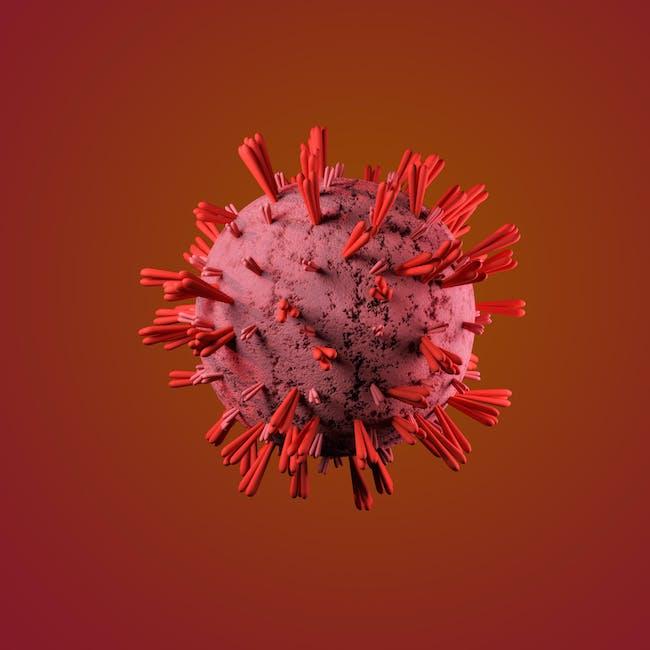
Anemia is a condition that occurs when the body doesn’t have enough red blood cells or hemoglobin, the protein in red blood cells that carries oxygen to all parts of the body. It can cause fatigue, weakness, and other symptoms that can disrupt daily life. If you’re struggling with anemia, getting the right vitamins and nutrients in your diet is crucial. We spoke with nutritionists to find out the top 5 vitamins to combat anemia.
1. Vitamin B12
Vitamin B12 is essential for the production of healthy red blood cells. It also helps maintain healthy nerve cells and aids in the production of DNA. A deficiency in vitamin B12 can lead to anemia. “Vitamin B12 is crucial for people suffering from anemia, especially those with a plant-based diet, as it is primarily found in animal products,” said Danielle Gaffen, a registered dietitian and nutrition consultant. “Fortified foods and supplements can also help those with a deficiency.”
Good sources of vitamin B12 include beef, liver, and other meats, as well as fish, eggs, and dairy products. For those who follow a vegan or vegetarian diet, fortified foods such as plant-based milk, fortified cereals, and nutritional yeast can provide a good source of vitamin B12. However, if you suspect you have a deficiency, it’s important to speak with your healthcare provider who might recommend a supplement.
2. Iron
Iron is essential for the production of hemoglobin, the protein in red blood cells that carries oxygen. A deficiency in iron can lead to anemia, so it’s crucial for those with anemia to consume adequate amounts of this important nutrient. Animal sources of iron include red meat, poultry, and fish, while plant-based sources include lentils, chickpeas, tofu, and dark leafy greens. “It’s important to consume vitamin C-rich foods alongside iron-rich foods to enhance the absorption of iron,” explained Gaffen. Some examples of vitamin C-rich foods include citrus fruits, strawberries, bell peppers, and broccoli.
For those who struggle to get enough iron through their diet, iron supplements might be necessary. However, it’s important to consult with a healthcare professional before starting a supplement regimen, as too much iron can be harmful.
3. Folate
Folate, also known as vitamin B9, is another important nutrient for those battling anemia. It is essential for the production of red blood cells and can help prevent anemia caused by a deficiency of this important nutrient. “Foods rich in folate include leafy greens, legumes, and citrus fruits,” explained Gaffen. “Folate can also be found in fortified foods such as cereals and bread.”
For those who have trouble consuming enough folate through their diet, a supplement might be necessary. Folic acid is the synthetic form of folate that is found in most supplements and fortified foods. However, it’s important to consult with a healthcare professional to determine the appropriate dosage for your individual needs.
4. Vitamin C
Vitamin C is crucial for iron absorption and can help combat anemia by assisting in the absorption of iron from plant-based sources. “Incorporating foods rich in vitamin C alongside iron-rich foods can help maximize the absorption of iron,” said Gaffen. Good sources of vitamin C include citrus fruits, strawberries, bell peppers, and broccoli. Vitamin C can also be found in fortified foods such as orange juice and some cereals.
In addition to aiding in iron absorption, vitamin C also plays a role in the production of collagen, which is essential for the formation of red blood cells. Including plenty of vitamin C-rich foods in your diet can help support overall red blood cell production and combat anemia.
5. Vitamin A
Vitamin A is important for the production and function of red blood cells. It also plays a role in maintaining a healthy immune system, which can be crucial for those with anemia. Good sources of vitamin A include liver, eggs, and dairy products, as well as orange and yellow fruits and vegetables such as carrots, sweet potatoes, and pumpkins.
It’s important to note that while these vitamins can help combat anemia, it’s crucial to address any underlying causes of the condition and to work with a healthcare professional to develop a treatment plan. If you suspect you have anemia, it’s important to speak with your healthcare provider to determine the best course of action for your individual needs.
In conclusion, combatting anemia through proper nutrition is crucial for overall health and well-being. Consuming a variety of nutrient-rich foods that are high in vitamins and minerals can help support healthy red blood cell production and combat anemia. By including foods rich in vitamin B12, iron, folate, vitamin C, and vitamin A in your diet, you can help ensure that you are getting the essential nutrients needed to combat anemia and support overall health. If you suspect you have anemia, be sure to consult with a healthcare professional to determine the best course of action for your individual needs.

















